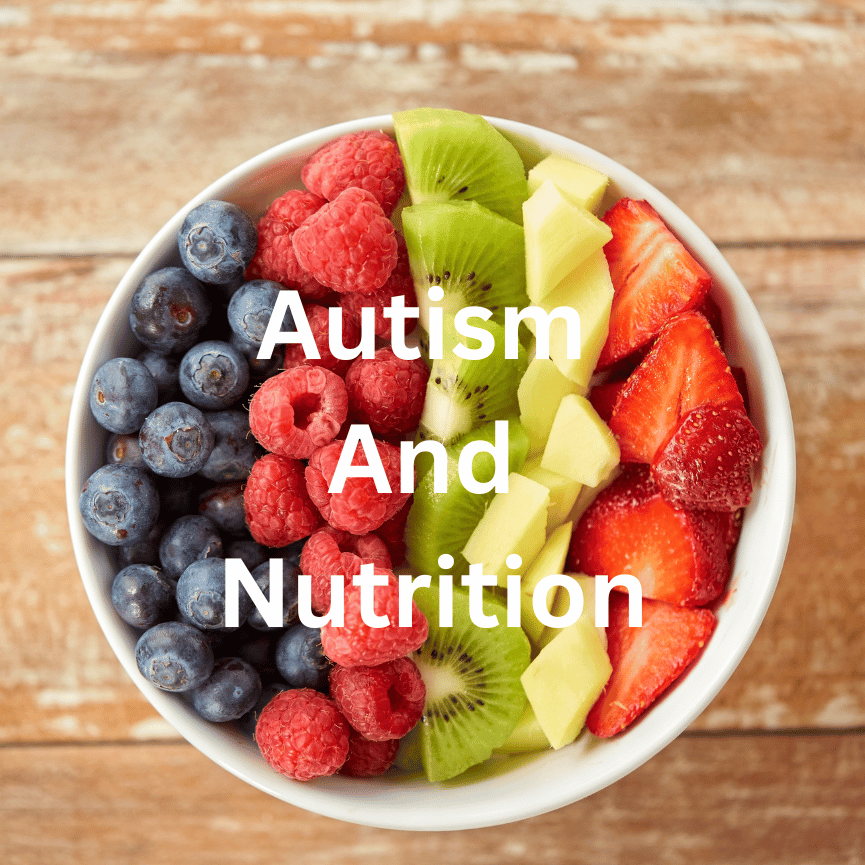
- May 09, 2024
- 206 Views
- 0 Comments
Autism And Nutrition: A Holistic Approach To Health
Discovering Wellness: Autism And Nutrition Secrets Revealed
Autism spectrum disorder (ASD) affects millions of individuals worldwide, presenting a complex set of challenges that extend beyond social and behavioral aspects. Emerging research suggests that a holistic approach to health, including nutrition, can significantly impact the well-being of individuals with autism. In this comprehensive guide, we will explore the connection between autism and nutrition, the role of diet in managing symptoms, and practical tips to implement a holistic approach for a better quality of life.
Understanding Autism Spectrum Disorder (ASD):
Autism Spectrum Disorder is a neurodevelopmental condition characterized by difficulties in communication, social interaction, and repetitive behaviors. While the exact cause of ASD remains elusive, genetic and environmental factors are believed to play a significant role. The wide spectrum of symptoms and severity further underscores the need for personalized interventions, including nutrition.
The Link Between Nutrition and Autism:
Recent studies have highlighted the gut-brain axis as a potential avenue linking nutrition and autism. The gut-brain axis refers to the bidirectional communication between the central nervous system and the gastrointestinal tract. It is now evident that the gut microbiome, the collection of trillions of microbes residing in our gut, can influence brain function, behavior, and cognition.
Gut Microbiome and Autism:
Individuals with autism often exhibit gut dysbiosis, an imbalance in gut bacteria, which may contribute to gastrointestinal issues frequently associated with the condition. The gut microbiome's role in regulating neurotransmitters and inflammatory responses has been linked to behavioral patterns and mood in individuals with ASD.
Nutritional Deficiencies and Autism:
Certain nutrient deficiencies have been observed in individuals with autism. These include vitamins B6, B12, D, and minerals like magnesium and zinc, all of which play crucial roles in neurological function and overall health. Addressing these deficiencies through dietary changes can positively impact behavior and cognitive abilities.
The Impact of Diet on Autism:
Understanding the potential link between nutrition and autism paves the way for exploring dietary interventions that may help manage symptoms and improve overall well-being. Some key dietary approaches that have shown promise in this regard include:
Gluten-Free Casein-Free (GFCF) Diet:
The GFCF diet involves eliminating gluten (found in wheat and other grains) and casein (found in dairy products) from the individual's diet. Proponents of this diet believe that these proteins may exacerbate autism symptoms in some individuals due to poor digestion and absorption.
Ketogenic Diet:
The ketogenic diet, characterized by high fat, moderate protein, and low carbohydrate intake, has gained attention for its potential neuroprotective effects. Some studies have reported improvements in behavior, attention, and cognition in individuals with ASD following a ketogenic diet.
Mediterranean Diet:
Rich in fruits, vegetables, whole grains, fish, and healthy fats, the Mediterranean diet is associated with numerous health benefits. Some evidence suggests that this diet may have a positive impact on cognitive function and behavior in individuals with autism.
Nutritional Supplements:
Supplementing specific nutrients, such as omega-3 fatty acids, vitamin D, and probiotics, may be beneficial for individuals with autism. These supplements have shown potential in addressing nutritional deficiencies and supporting brain health.
Implementing a Holistic Approach:
It is essential to approach nutrition as part of a broader, holistic strategy for managing autism. Here are some practical tips to integrate nutrition into a comprehensive care plan:
Consultation with Healthcare Professionals:
Before making any significant dietary changes or introducing supplements, consulting with healthcare professionals, such as a registered dietitian or pediatrician, is crucial. They can assess individual needs, address nutritional gaps, and ensure a balanced diet.
Individualized Meal Planning:
Recognizing that each person with autism is unique, meal plans should be personalized to suit their specific nutritional requirements and preferences. Involving the individual and their caregivers in meal planning can enhance compliance and long-term success.
Monitor and Track Progress:
Keep a record of dietary changes and monitor any improvements in behavior, mood, or physical symptoms. Tracking progress helps identify which dietary modifications are most effective for each individual.
Emphasize Whole Foods:
Promote the consumption of whole, unprocessed foods, and minimize the intake of artificial additives and preservatives. Fresh fruits, vegetables, lean proteins, and healthy fats form the foundation of a nourishing diet.
While there is no cure for autism spectrum disorder, a holistic approach to health, including nutrition, can significantly impact the quality of life for individuals with autism. The gut-brain connection and the role of nutritional deficiencies in ASD have opened new avenues for research and intervention. Implementing a personalized diet plan, tailored to the specific needs of each individual, may bring about positive changes in behavior, cognition, and overall well-being. As we continue to explore the connection between autism and nutrition, we move closer to empowering individuals with ASD to lead fulfilling lives.



Comments - 0 comments till now